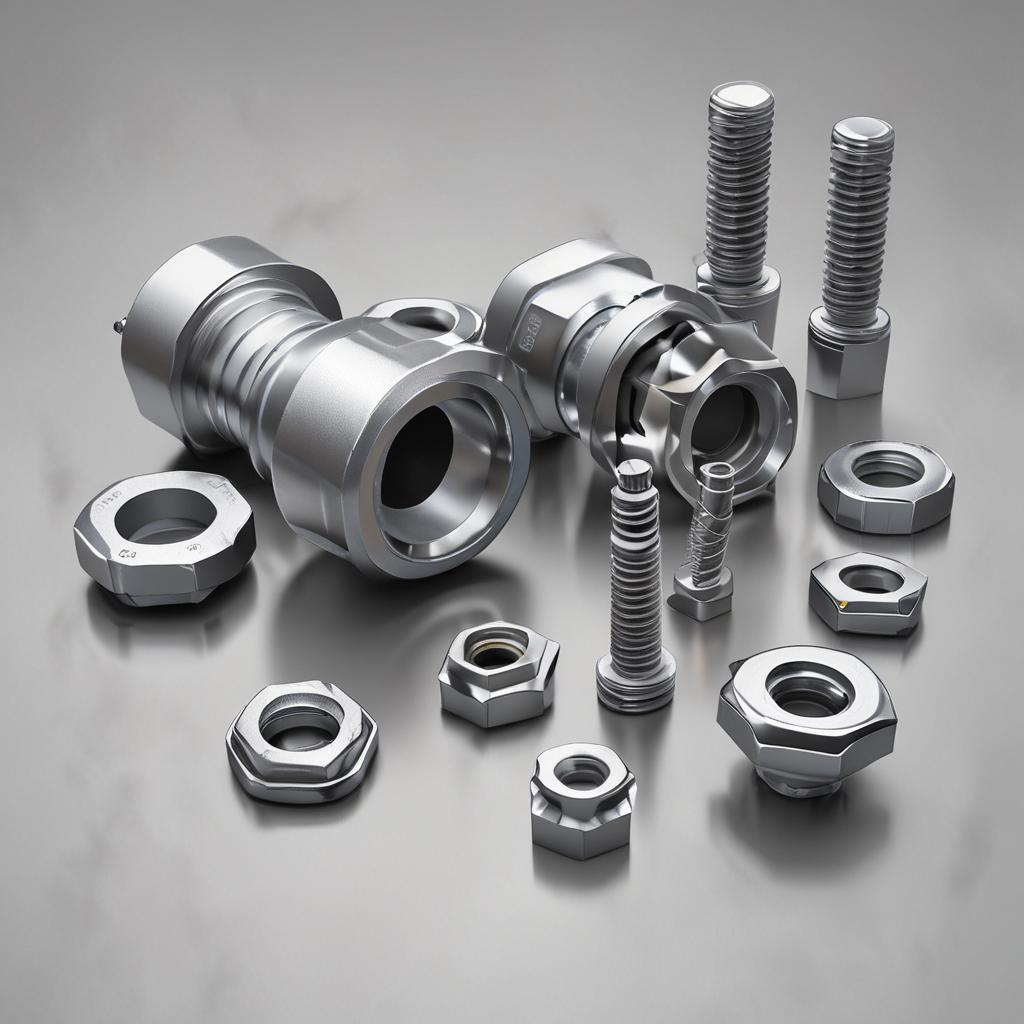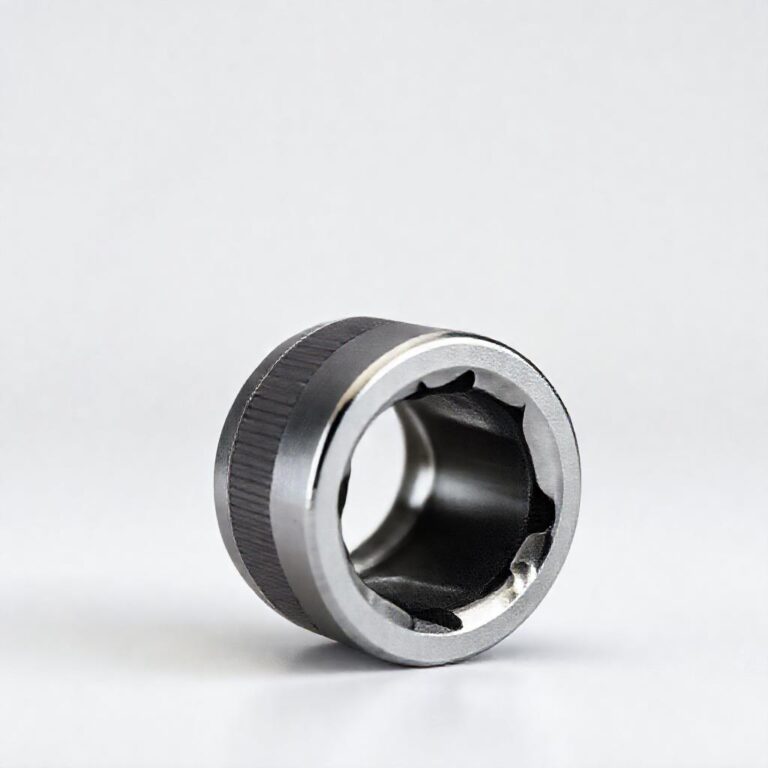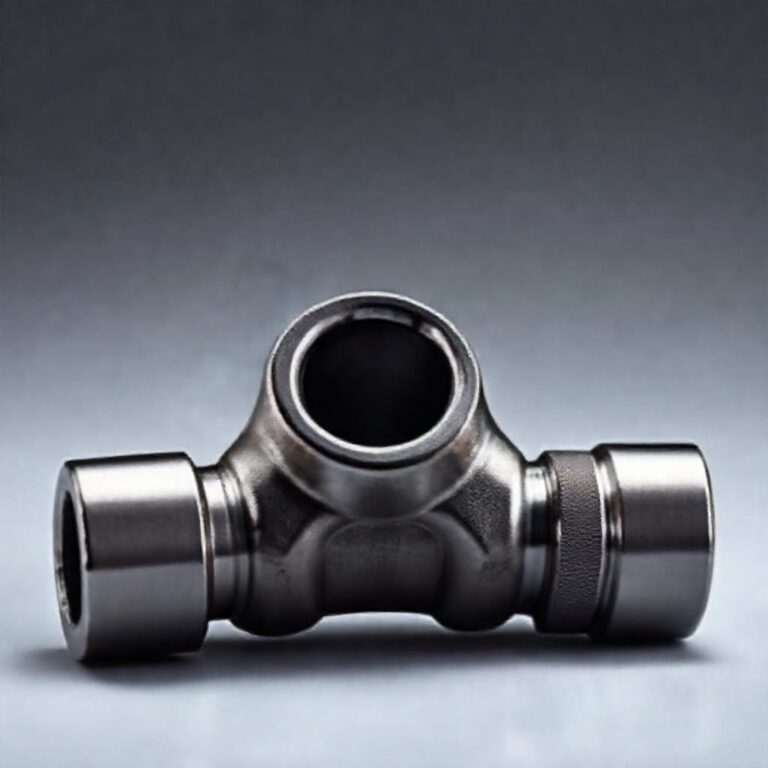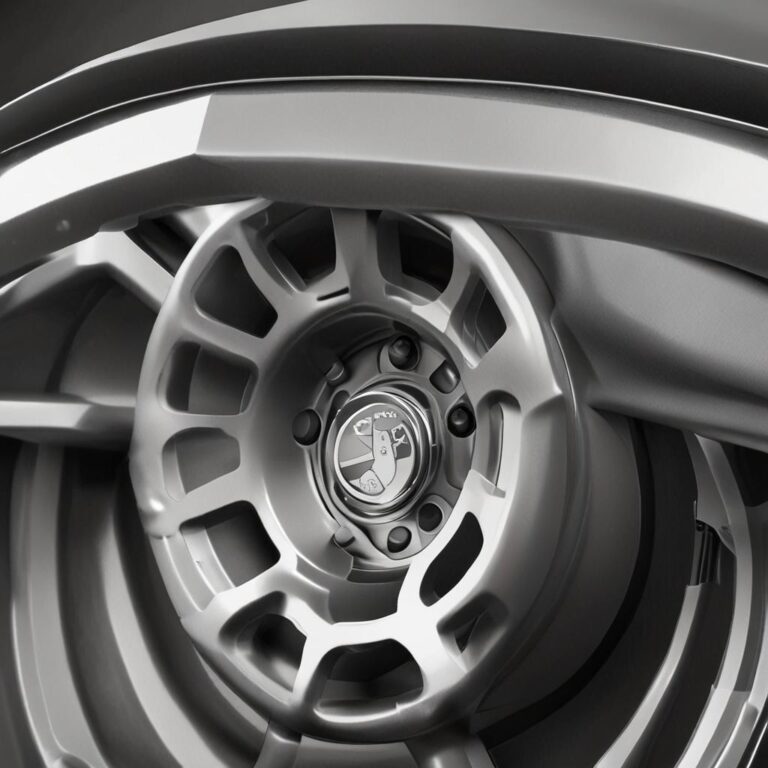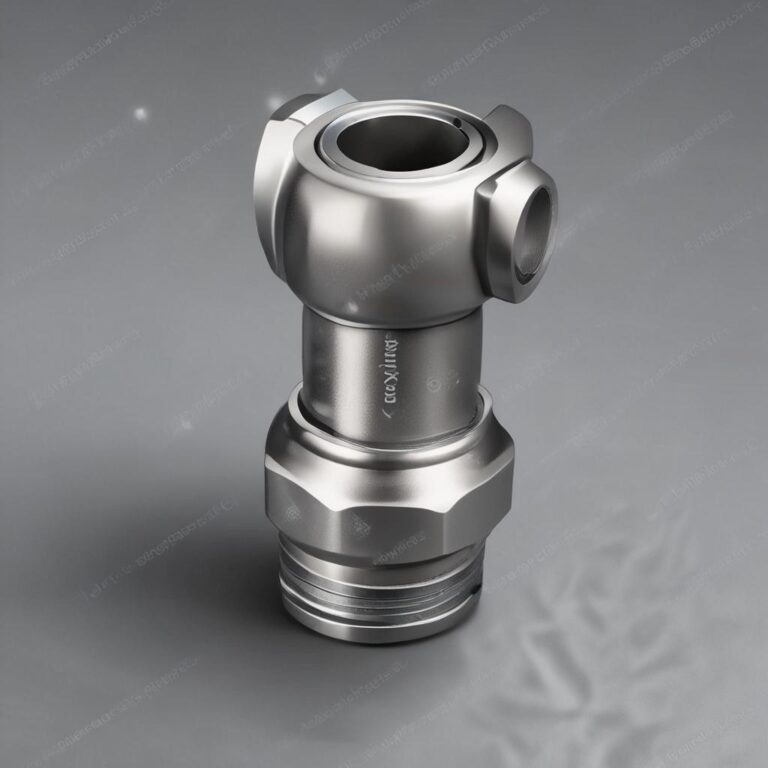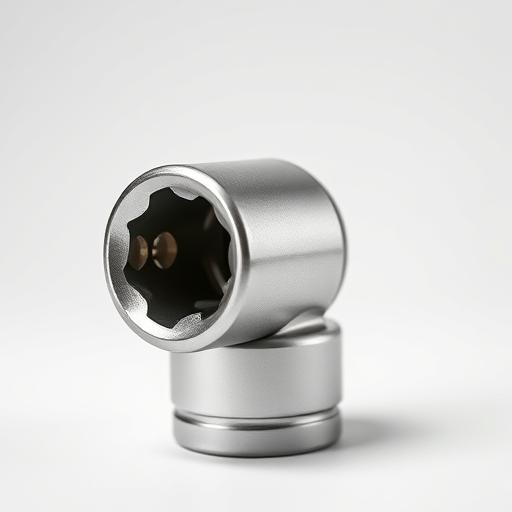How to Remove Stripped Bolts with a Universal Socket
Stripped bolts can be a nightmare for anyone working on DIY projects or repairs. When a bolt’s head becomes rounded or damaged, it loses its grip, making it nearly impossible to remove with standard tools. This is where a universal socket comes to the rescue. Designed to adapt to various shapes and sizes, a universal socket provides the grip and leverage needed to tackle even the most stubborn stripped bolts. In this guide, we’ll walk you through the causes of stripped bolts, the tools you’ll need, and a step-by-step process to remove them efficiently.
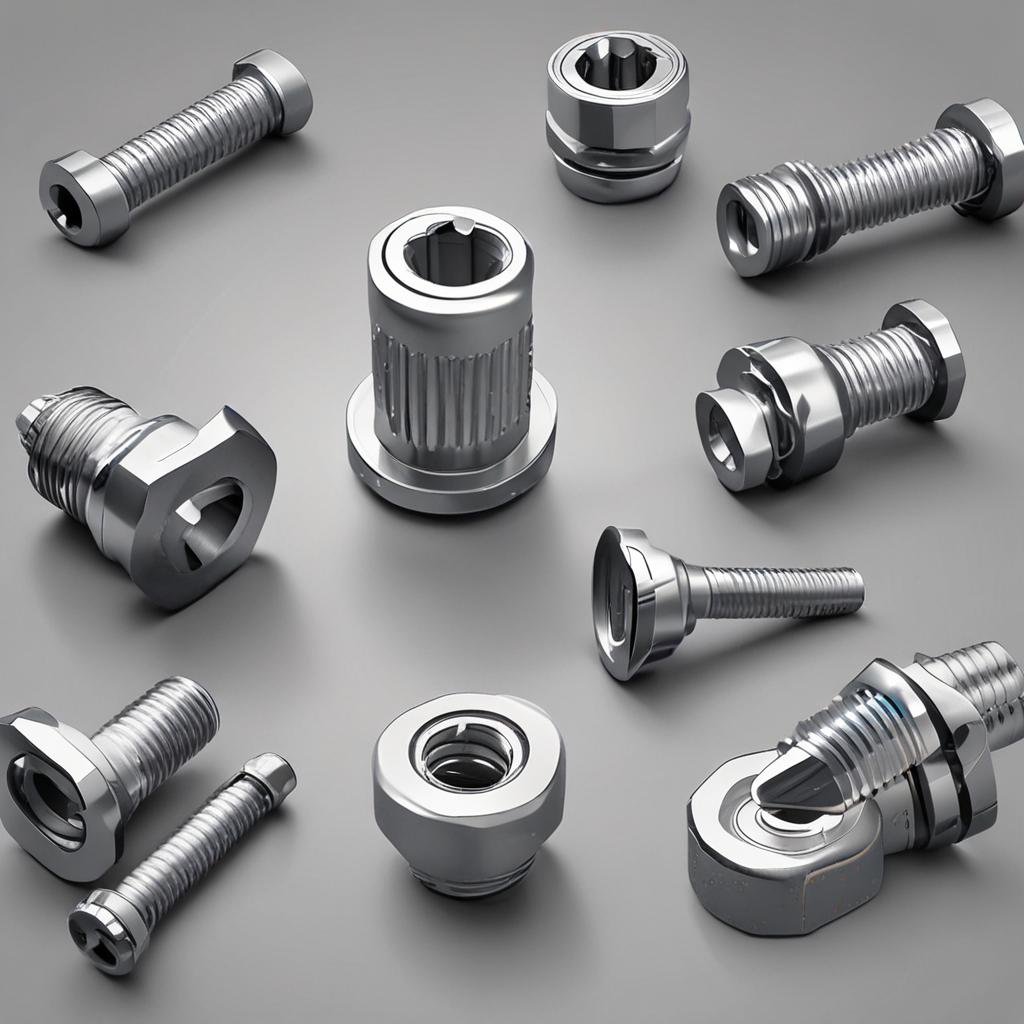
Understanding Stripped Bolts and Why They Happen
Common Causes of Stripped Bolts
Stripped bolts often result from over-tightening or applying improper torque during installation. Using the wrong tool or an incorrect socket size can also wear down the bolt’s head. Additionally, rust and corrosion weaken the bolt’s structure over time, while repeated use or wear and tear can further exacerbate the problem.
Challenges of Removing Stripped Bolts
Removing a stripped bolt is tricky because applying force can worsen the damage. Without a proper tool, it’s hard to grip the bolt effectively, often leading to frustration. In severe cases, you may need to resort to drilling or extraction methods, which can be time-consuming and risky for the surrounding material.
Tools and Materials Needed
Essential Tools
- Universal socket (with adaptable gripping features)
Optional Tools for Stubborn Bolts
- Impact driver (for extra force)
Step-by-Step Guide to Removing Stripped Bolts with a Universal Socket
Assess the Bolt and Prepare the Area
Start by inspecting the bolt to determine the extent of the damage. Clean any debris or rust from the bolt and surrounding area using a wire brush. Apply penetrating oil to loosen corrosion and let it sit for 15–30 minutes.
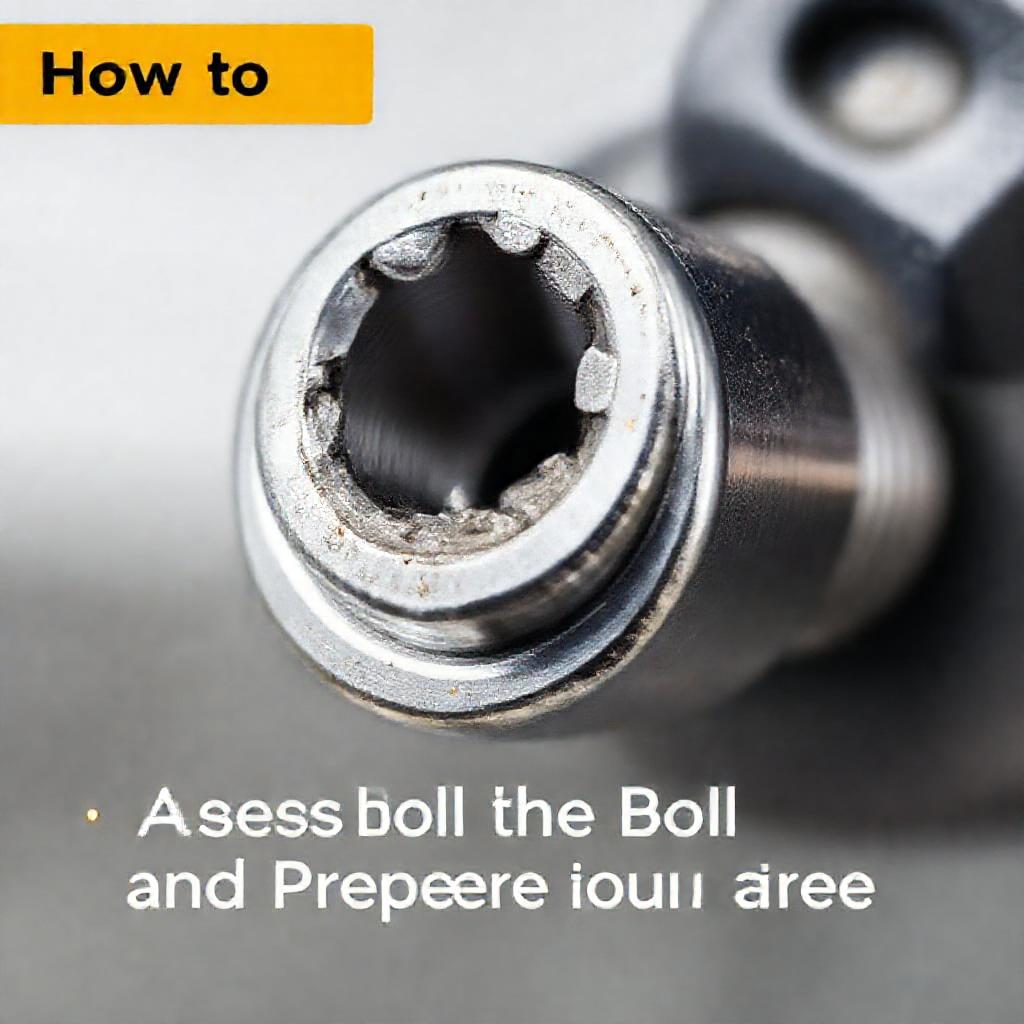
Select the Right Universal Socket Size
Choose a universal socket that can adapt to the stripped bolt’s head. Ensure it fits snugly without slipping, as a loose grip can cause further damage.
Key Features
Universal Socket Adaptability
Fits various bolt sizes and shapes for versatility
Available
Impact-Resistant Material
Durable construction for high-torque applications
Available
Grip Enhancement Mechanisms
Internal serrations or teeth for better grip on stripped bolts
Available
Compatibility with Power Tools
Works with drills and impact drivers for efficiency
Available
Anti-Slip Design
Prevents slippage during extraction of stubborn bolts
Available
Feature overview for How to Remove Stripped Bolts with a Universal Socket
Apply the Universal Socket and Attach the Ratchet
Place the universal socket over the stripped bolt and secure it with a ratchet or breaker bar. Align the tool correctly to avoid adding unnecessary strain to the bolt.
Apply Controlled Force to Loosen the Bolt
Use a back-and-forth motion to break the bolt loose. If the bolt is stubborn, gently tap the socket with a hammer to create additional leverage. Avoid using excessive force, as this can cause the bolt to break.
Remove the Bolt and Inspect for Damage
Once the bolt is loosened, unscrew it completely. Check for any remaining threads or debris in the hole. Decide whether the bolt is reusable or if it needs to be replaced.
Alternative Methods If the Universal Socket Fails
Using Pliers or Vise-Grips for Extra Grip
If the universal socket doesn’t work, wrap pliers around the bolt head for additional leverage. For bolts that are slightly protruding, vise-grips can provide a stronger hold.
Drilling and Extraction Techniques
For severely damaged bolts, drill a small pilot hole into the bolt and insert a bolt extractor to reverse the rotation. An impact driver can also help apply extra force in stubborn cases.
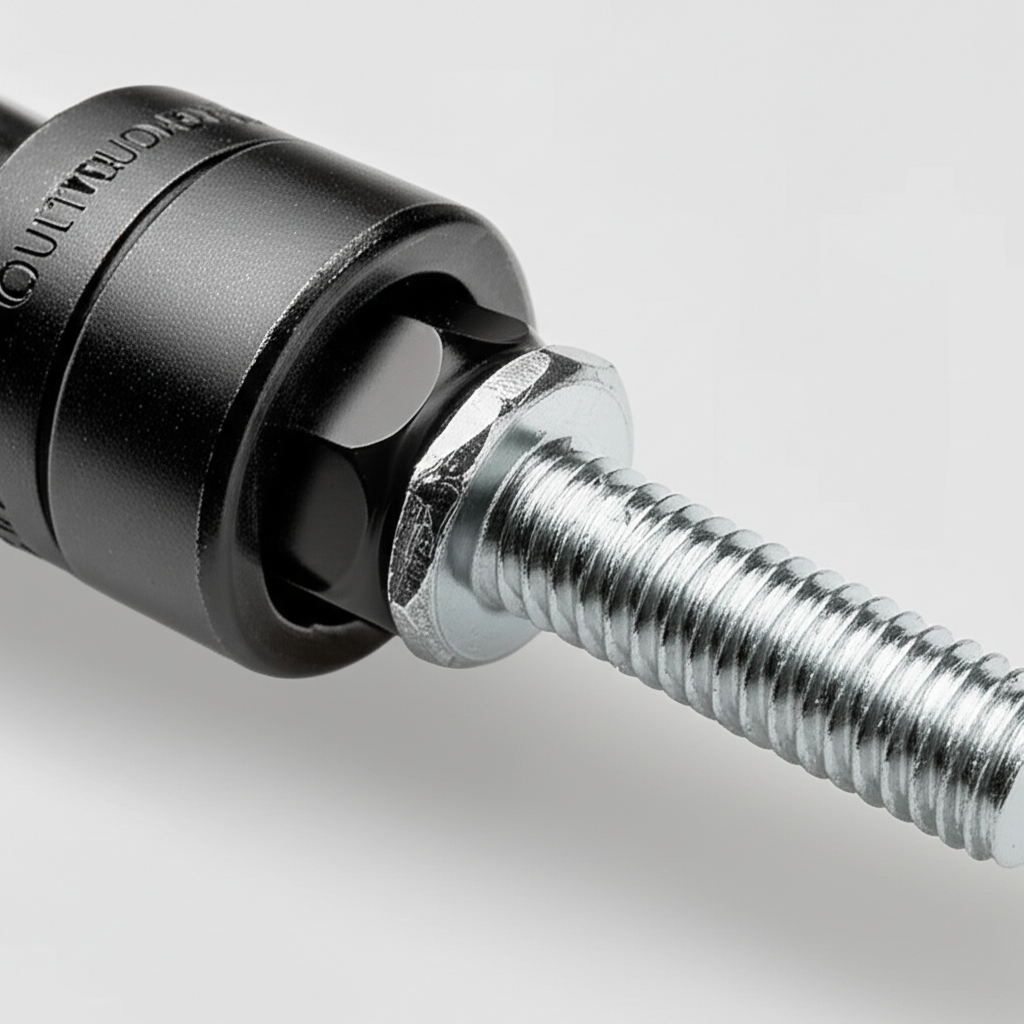
Tips to Prevent Future Bolt Stripping
- Always use the correct torque specifications when tightening bolts.
Conclusion
Removing stripped bolts doesn’t have to be a daunting task when you have the right tools and techniques. A universal socket is an excellent first-line solution, offering adaptability and grip for damaged bolt heads. By following the steps outlined above, you can tackle stripped bolts efficiently and avoid further damage. Remember to take preventive measures to keep your bolts in good condition and save yourself from future headaches.
FAQs About Removing Stripped Bolts
Can I use a universal socket on any stripped bolt?
A universal socket works best on bolts with partially stripped heads. Severely damaged bolts may require drilling or extraction.
What should I do if the bolt breaks while removing it?
If the bolt breaks, use a bolt extractor or drill out the remaining fragment carefully.
Is a universal socket better than pliers for removing stripped bolts?
A universal socket provides a more secure grip, reducing the risk of further damage compared to pliers.
How long should I let penetrating oil sit before attempting removal?
For best results, let the oil sit for at least 15–30 minutes to penetrate rust and corrosion.
Can I reuse a stripped bolt after removal?
It depends on the extent of damage. If threads are intact, it may be reusable; otherwise, replacement is recommended.

